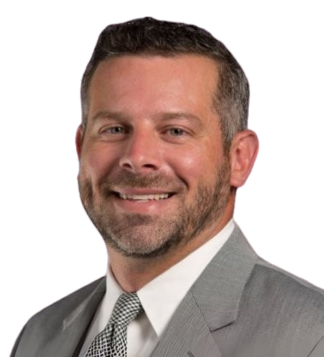How do you centralize procurement across a $1+ billion health system while maintaining 24/7 operations that literally keep people alive? Dawn Watkins, Director of Strategic Sourcing at UF Health, gives John her blueprint for transforming independent hospitals into an integrated clinical enterprise. Her team of 25 is expanding to 50+ as they merge previously independent facilities across 12 hospitals, nearly 3,000 patient beds, and hundreds of physician practices from Gainesville to Jacksonville. This isn’t just organizational restructuring — it’s a shift from decentralized decision-making to enterprise-wide standardization that’s already delivering concrete results.
Dawn’s journey from forklift operator at Honda to directing strategic sourcing for over a billion dollars in non-labor spend reveals how manufacturing discipline translates to healthcare procurement. She brings Honda’s core principle of “removing waste before adding complexity” and her MBA professor’s warning to “don’t pave the cow path” — meaning never automate broken processes without first questioning what truly adds value. Her practical approach includes everything from streamlining supplier invoice corrections (reducing two actions to one) to building mutual incentive partnerships where both UF Health and suppliers benefit from shared success metrics, all while navigating the unique constraints of a regulated industry where you can’t simply pass costs to patients.
Topics discussed:
- Moving from historically independent decision making to centralized procurement across 12 hospitals and 3,000 patient beds, including the governance structure involving C-suite leaders to guide category prioritization and strategy.
- The principles of “removing waste before adding complexity” and “don’t pave the cow path” philosophy — questioning what truly adds value rather than simply automating existing inefficiencies.
- Creating enterprise-wide collaboration through operational leaders who serve as scaffolding during transformation, ensuring no procurement decisions are made without direct input from clinicians and patient care providers.
- Building intelligence through supplier relationships and global monitoring services to assess tariff risks, country of origin impacts, and geopolitical disruptions across 100,000+ unique items.
- Operating in a regulated industry where revenue doesn’t always cover basic expenses, making cost pass-through to patients impossible while maintaining 24/7 service demands without downtime.
- Developing supplier relationships built around shared measurable outcomes where both UF Health and suppliers benefit from aligned success metrics.
- Systematically identifying opportunities to consolidate products across previously independent hospitals while aggregating purchasing volume for better pricing and supply risk mitigation.
Listen to more episodes:


 Audio Podcast
Audio Podcast









